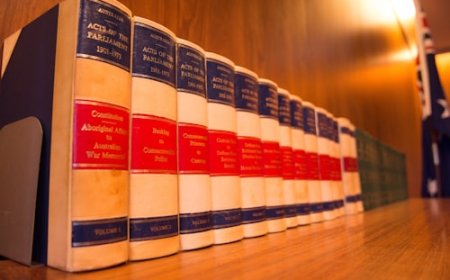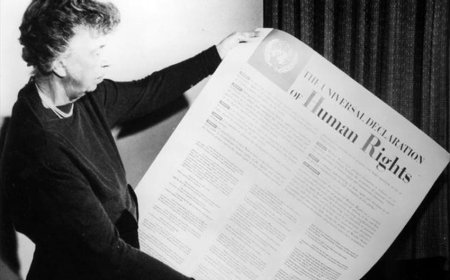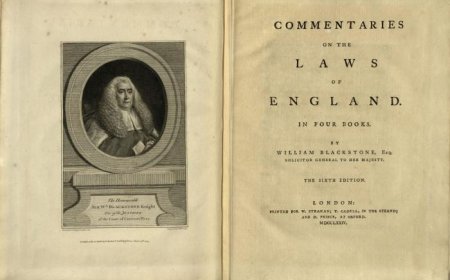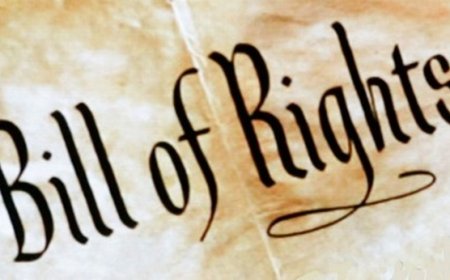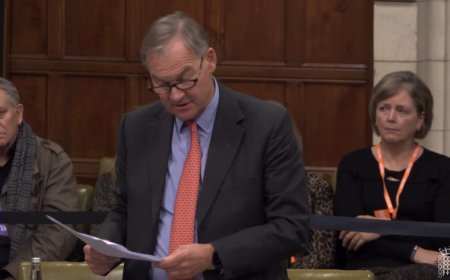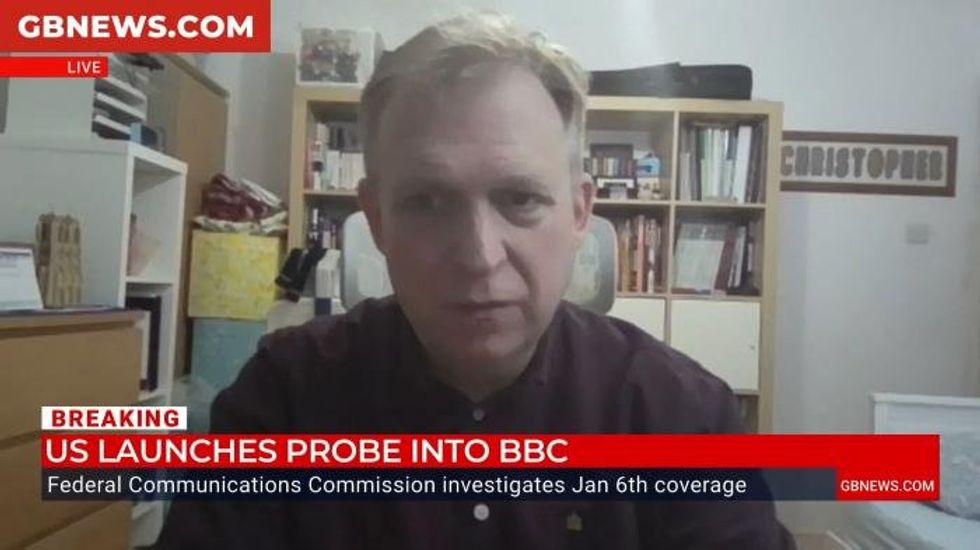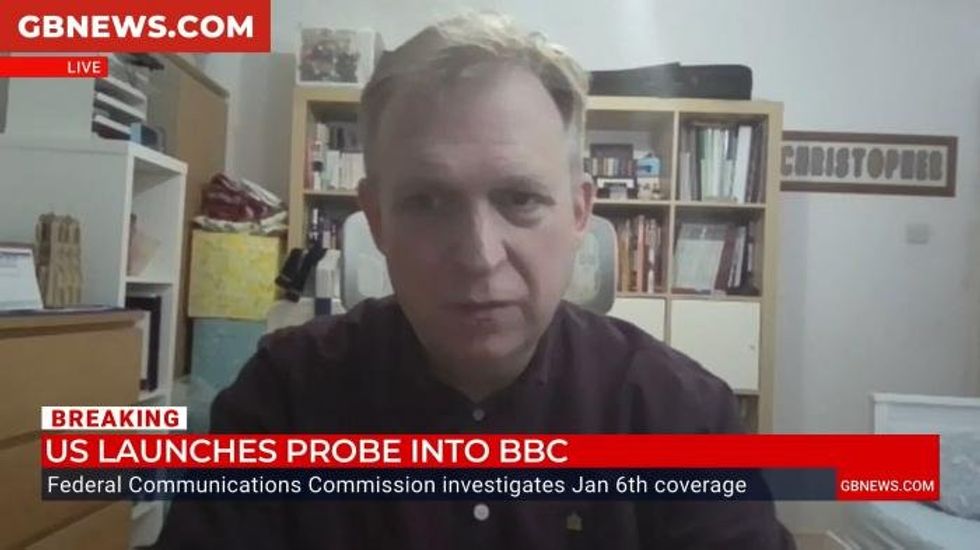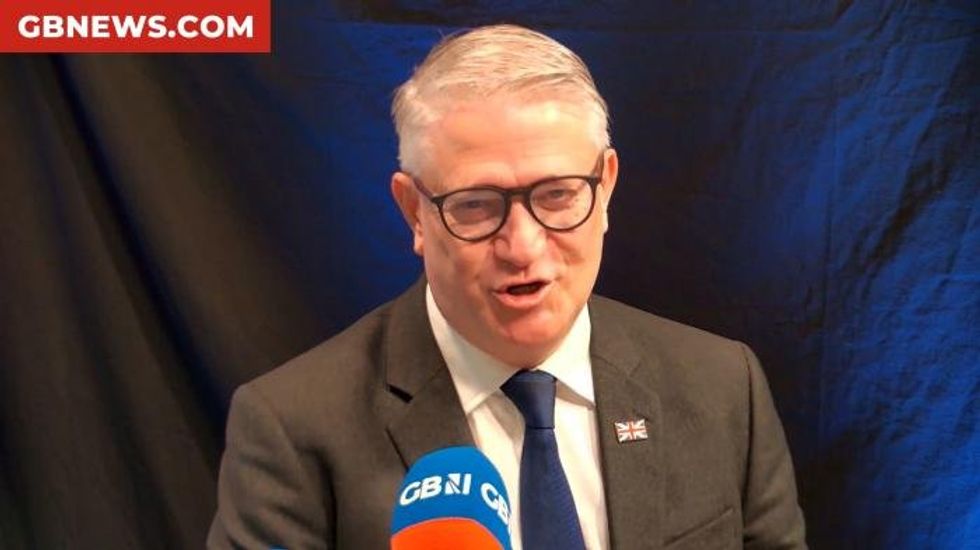Hundreds of British councils wasted nearly £2bn by overpaying on energy bills

Hundreds of British councils have squandered almost £2billion through inefficient energy procurement over the past three years.
This means that three-quarters of the nations' councils paid substantially more for electricity and gas than necessary, directly hitting their constituents' pockets.
A slim minority of authorities were able to keep costs lower, according to an analysis of Freedom of Information responses.
Had the majority of councils achieved the same rates as the most cost-effective quarter, they would have collectively saved £1.7billion.
Oxfordshire County Council's electricity costs averaged 44.1p per kilowatt hour last year, whilst St Albans Council paid merely 22.2p for the same unit of energy.
If the authority had matched St Albans' rates, the county would have reduced its electricity expenditure by £1million and gas costs by £280,000.
Their spending even outpaced domestic energy price caps, which fluctuated between 22p and 25p per kWh during the same timeframe.
Cardiff Council faced the largest potential savings opportunity, with possible reductions of £7.4million on electricity and £1.3million on gas bills.
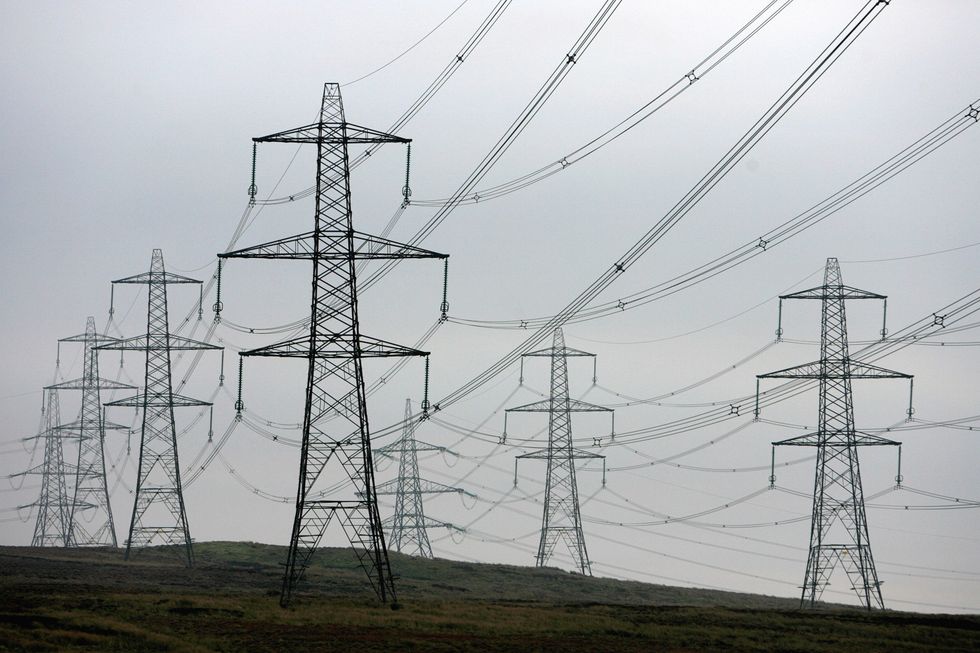
The Welsh capital recently implemented library hour reductions and increased charges for burials, cremations, sports facilities and school meals to balance its budget.
Energy spend inefficiencies extend beyond local government, with the Metropolitan Police's energy costs exceeding those of Greater Manchester Police by 28 per cent for electricity and 43 per cent for gas.
This disparity meant the capital's force could have reduced its energy expenditure by £6.8million had it secured Manchester's rates, or approximately 100 additional police officers.
The damming findings come as Britain remains gripped with a funding crisis for local authorities, with public services declining and costs of living rising.
LATEST DEVELOPMENTS:
- Foreign criminals costing taxpayers £643m a year as record numbers ‘spiralling out of control’
- Dog miraculously survives 100ft plunge off cliff
- 'This is beyond fake. This is CORRUPT!' Donald Trump blasts the BBC as he vows to sue for $5BILLION
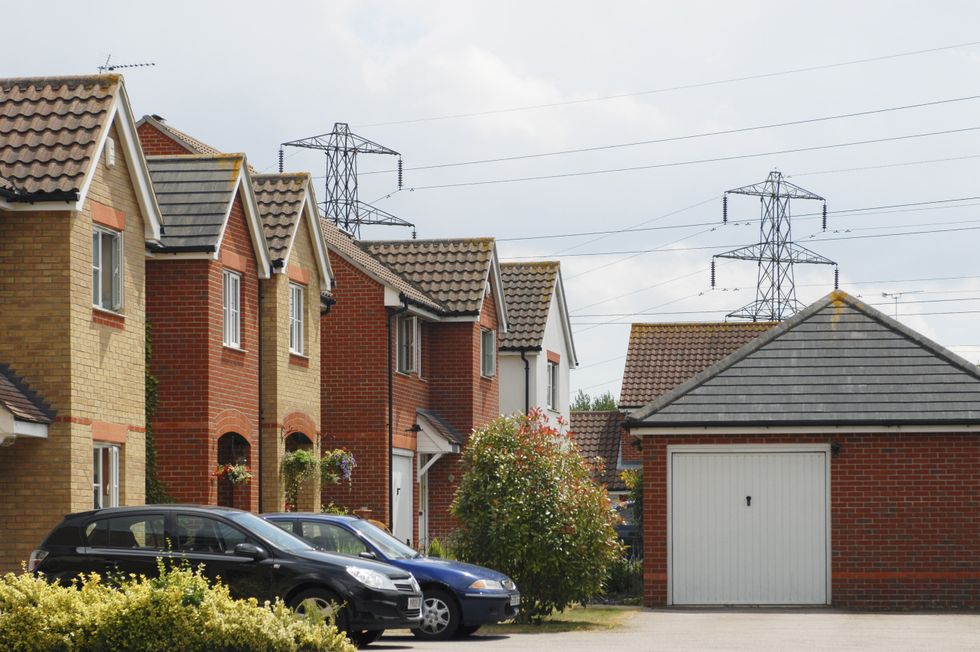
Research from consultancy Box Power conducted the research suggests that the money needlessly squandered on inflated energy costs could have been used to address critical budget shortfalls.
The Local Government Association has forecast a £2.3billion funding deficit for councils over this year.
Chief executive of Box Power, Corin Dalby, said: “With annual council tax increases already at their limit, ensuring value for money from public spending has never been more critical.
“The data raises important questions about whether other areas of public spending should be examined to uncover further variations in purchasing efficiency.”
Defending the energy spend, Oxfordshire Council said: “Our energy costs reflect a mix of building types, operational needs, and service delivery requirements across a large and diverse estate. These factors can significantly influence unit costs and are not captured in simplified comparisons.”
For their part, Cardiff Council said that it also used the Crown Commercial Service to buy energy, and the price it paid had been leveraged to a minimum, adding that its spend included uses that may not have been counted by other councils.
However, Mr Dalby, argued: “While councils often cite various reasons for underperformance, our experience in the energy buying market proves that it is entirely possible to succeed and achieve better value with a well-devised, agile strategy.
“Such a strategy must be capable of capitalising on market lows while also safely navigating periods of volatility. Our data underscore the need for better procurement outcomes across the board,” he told The Times.
Our Standards: The GB News Editorial Charter
What's Your Reaction?
 Like
0
Like
0
 Dislike
0
Dislike
0
 Love
0
Love
0
 Funny
0
Funny
0
 Angry
0
Angry
0
 Sad
0
Sad
0
 Wow
0
Wow
0



